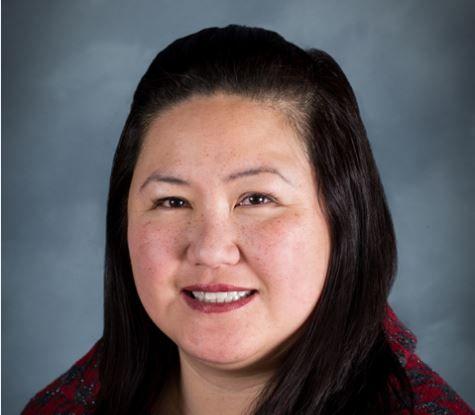Local attorney banned from courthouse for suspected COVID-19 exposure | Local News
Lancaster County’s president judge has banned a local attorney from the courthouse because she allegedly showed up for a hearing despite knowing she had been exposed to a family member who had COVID-19.
But the attorney, Wendy Chan of Chan & Associates in Lancaster, said she had tested negative for the coronavirus before attending the hearing in Judge Craig Stedman’s courtroom on July 30.
The confrontation prompted Stedman, a former district attorney in his first year of handling family matters as a Common Pleas judge, to immediately shut down the courtroom and request sheriff’s deputies remove Chan from the courthouse. Stedman declined to comment and directed questions to the president judge, David Ashworth.
Ashworth issued a court order the next day barring Chan from the courthouse until further court order.
Ashworth, who oversees the courts, wrote a letter to Chan in which he accused her of failing to “comprehend the serious nature of the coronavirus pandemic” and of intentionally forcing a delay of her client’s hearing.
Ashworth Letter to Chan by Carter Walker on Scribd
Before July 30, Chan had unsuccessfully sought a continuance of the hearing and objected to the use of video conferencing for the hearing, his letter said.
“You chose to use the pandemic as a weapon to achieve a tactical advantage,” Ashworth wrote to Chan.
Chan denied the allegation and said she showed up for court because she had received word earlier that morning that she tested negative for COVID-19. She also contended she had not been explicitly told to avoid the courthouse.
“I went to the courthouse because I tested negative, but somehow (Ashworth) conveniently left out that detail of the letter and now he is demanding that me and my family be tested before I request to return to the courthouse,” Chan said in a telephone interview.
Chan told LNP that her family member did test positive but did not display symptoms after July 16. According to a memo written by Ashworth, Chan said that her family member was possibly contagious as recent as four days before the hearing, July 26.
The Centers for Disease Control and Prevention recommends a 14-day quarantine period for those who believe they may have been exposed to someone with COVID-19.
“If you had acted responsibly,” Ashworth wrote, “you would have chosen to self-quarantine until at least August 10, 2020.”
Chan may request re-entry into to the courthouse and other court-related facilities such as magisterial district justice offices two weeks after she and family members with whom she lives all test negative for COVID-19.
In a letter to Ashworth, Chan accused the president judge of unlawfully disclosing confidential information about the health of her family member. She cited the Health Insurance Portability and Accountability Act, or HIPAA, which protects all “individually identifiable health information” held by a hospital or employer.
Chan response to Ashworth by Carter Walker on Scribd
Jeremy Donham, a York attorney who handles HIPAA cases, said the law “would not cover the courthouse and the judge.” He added, though, that other privacy laws such as the Americans with Disabilities Act and even the Fourth Amendment, which protects Americans against unreasonable searches and seizures, might apply.
Chan said, however, that she does not plan to sue the county or the judges.
“I just wanted to set the record clear,” Chan said. “One, we’re not sick. And, two, I am not the irresponsible person Ashworth made me appear in his letter.”
Judge Jeffery Wright has scheduled a hearing on the ban for Monday.




